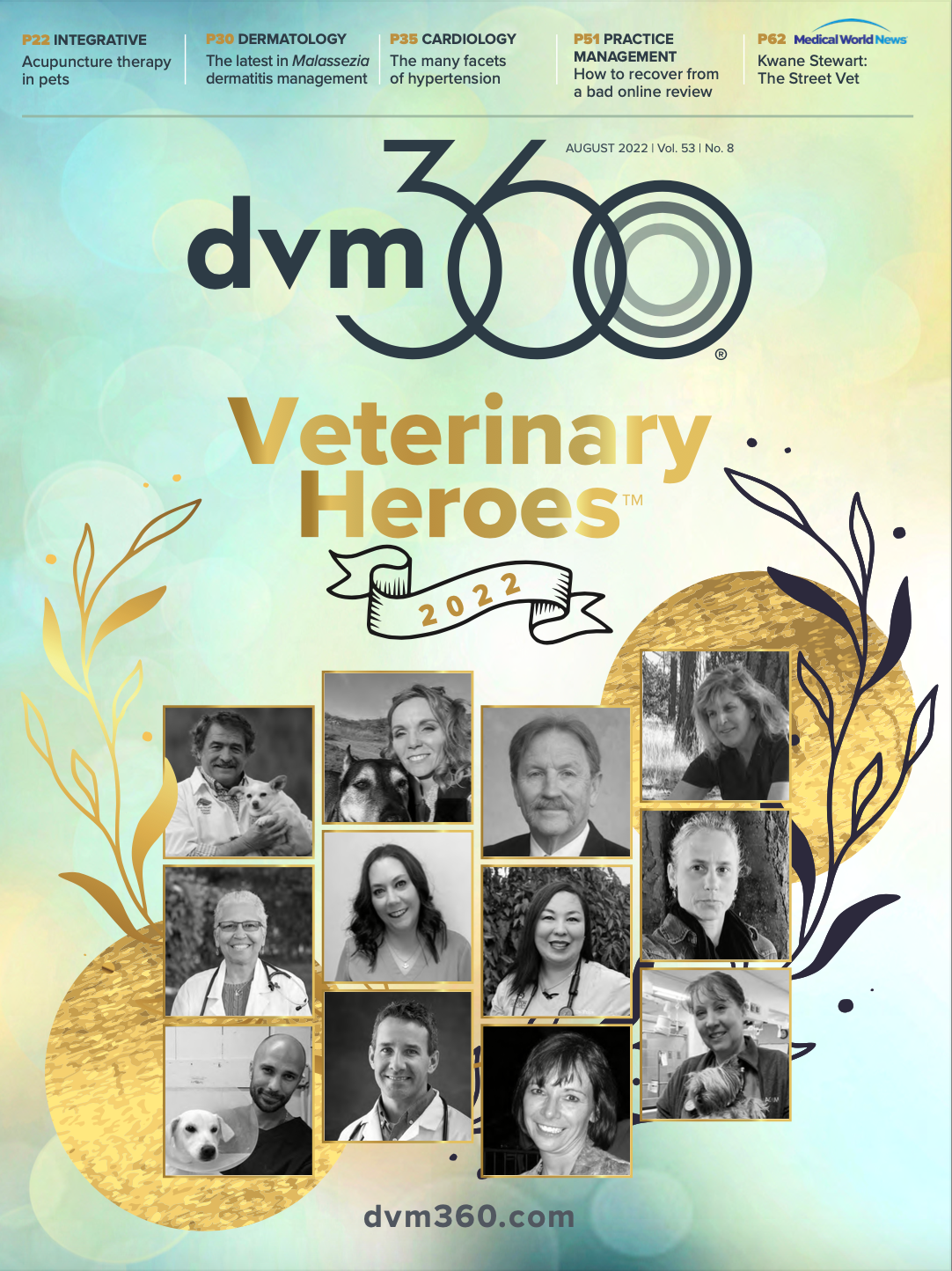Is there a time and place for opinions?
When high-profile stories are in the news, avoiding controversial topics at work can be a challenge.
Editor’s note: All names and businesses in this dilemma case are fictitious, but the scenario is based on real occurrences.
VectorMine / stock.adobe.com

The King Animal Hospital was a thriving northeastern veterinary practice. Of late, things were starting to get back to some semblance of normal. No more mandatory curbside care, optional mask mandates for pet owners, and the hope that COVID-19 may soon be in the rearview mirror. The King Animal Hospital was truly a successful clinic. A large reason for this was because the staff worked so well together. The hospital director’s goal of maintaining a professional atmosphere and a “no drama policy” was well received and benefited all concerned. That was until recently, when the Roe v Wade decision was announced.
The demographic makeup of the King Animal Hospital staff reflected that of the veterinary profession at large. Eighty percent of the workforce were women. As was true with most veterinary clinics, the staff spent long hours working together and developing collegial relationships. It was always recommended while at work that everybody wear their “professional hats.” This way, no one was distracted by nonmedical issues while focusing on workplace duties. Unfortunately, the recent Supreme Court decision reversing the Roe v Wade directive could not escape being discussed within the workplace.
While in the break room area, 3 independent discussions among staff members became quite heated and confrontational. As would be expected with a staff of 35 people, there were going to be differences of opinions. This subject did not come under the normal description of break room banter. The weather, stories about their children, and quirky clients were usually the subjects of conversation, but not this time. For many reasons, not the least of which was that 80% of the staff were women, these discussions became very personal. Two staff members decided they were no longer comfortable working alongside certain coworkers. The hospital director saw it was time to intervene and chose to address the issue and the fall outs with the staff.
The hospital director delivered a 3-pronged message to the staff. First, she let everyone know that the King Animal Hospital team was, first and foremost, obligated to help sick animals and support their owners. Furthermore, this current discord hurts their ability to provide this medical help. Second, she respected each staff member’s personal right to their opinion and feelings about this controversial subject. However, there was a time and a place to effectively express these opinions. Finally, she was willing to make staff assignment adjustments for those who felt that in good conscience, they could not effectively perform their duties with certain coworkers.
There is no doubt that with time and reflection, the acute reaction to this subject would change to a more reflective, activist mode. As for now, the hospital director felt she sent a clear message that was both sensitive to these unique times and directive for the staff to effectively return to the care of sick pets. Do you feel the hospital director handled this situation correctly? Was she overindulgent or not direct enough? We would like to know what you think.
Rosenberg's response
We don’t live in a vacuum. The veterinary workplace is not shielded from the world and its problems. I agree with the hospital director’s approach. She tempered her authority with sensitivity. In the interest of long-term workplace harmony, she may have entertained an open discussion on the subject at a later date. Today’s veterinary facilities often see their clerical, technical, and professional staff members as medical tools and not a community of individuals. The empathy and care we extend to our pet patients stems from the staff’s humanity, not from the tools they use for treatments.
Marc Rosenberg, VMD is director of Voorhees Veterinary Center in Voorhees, New Jersey. Although many of the scenarios Rosenberg describes in his column are based on real-life events, the veterinary practices, doctors, and employees described are fictional.
